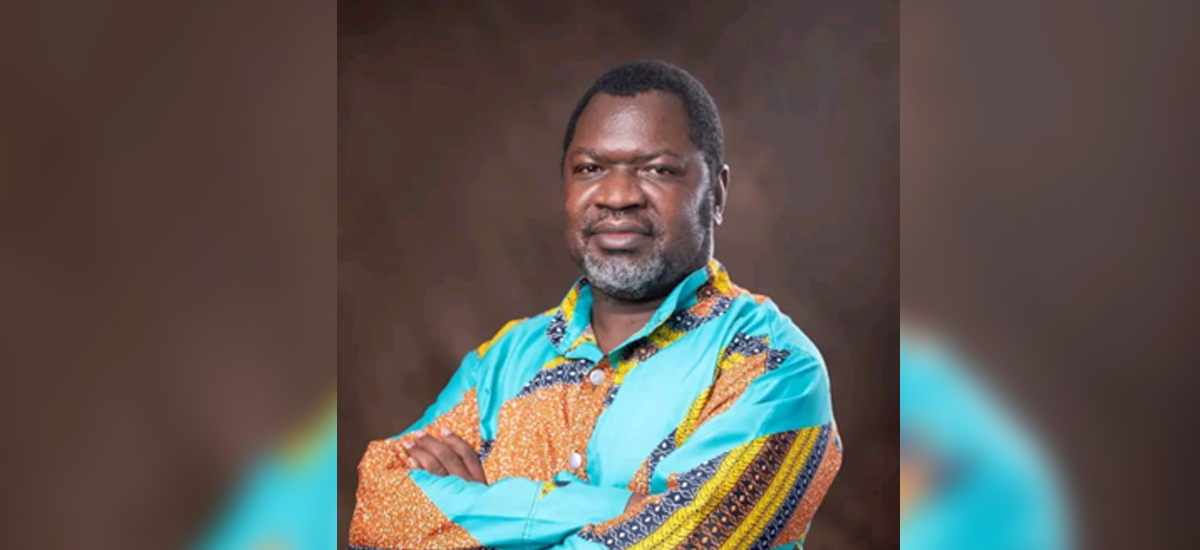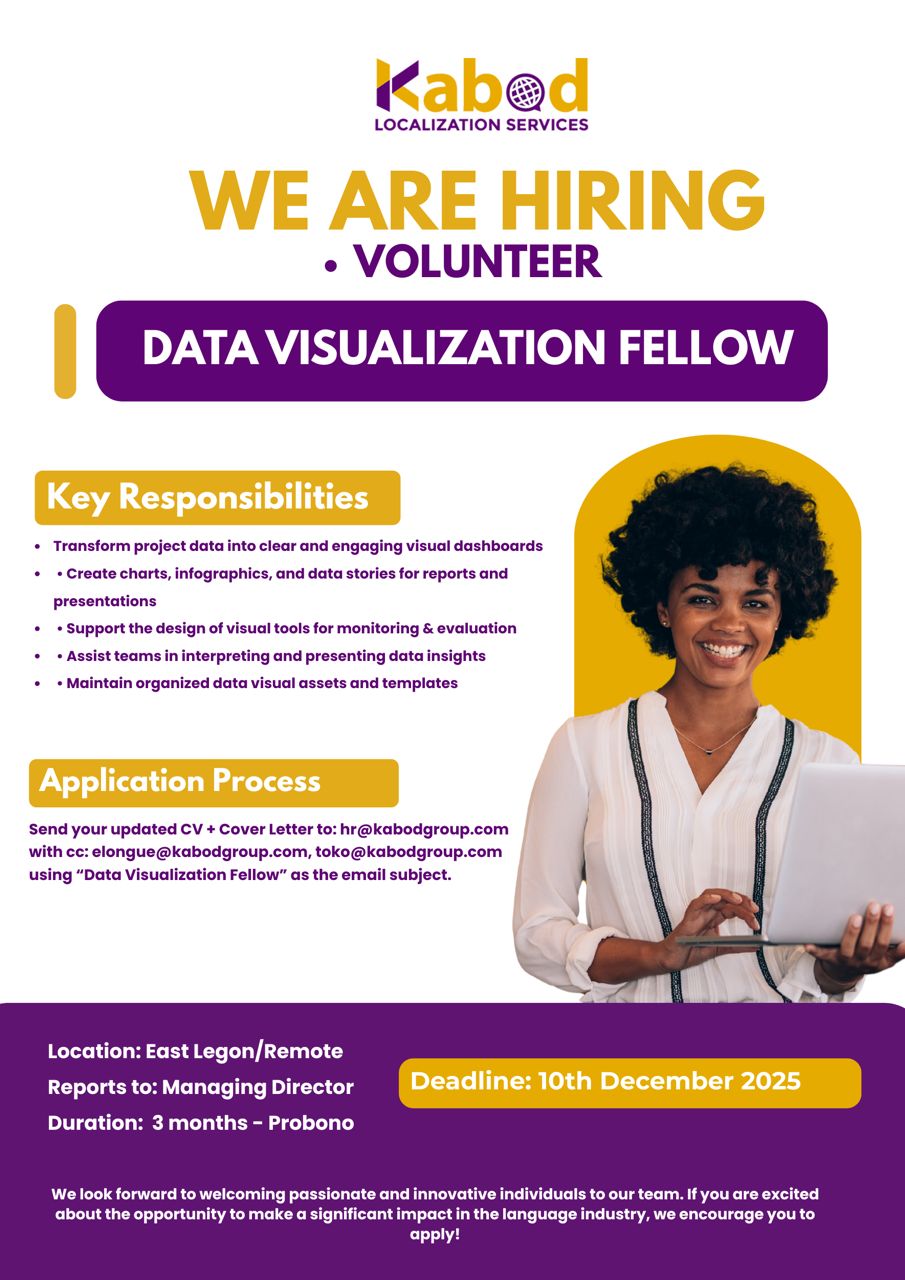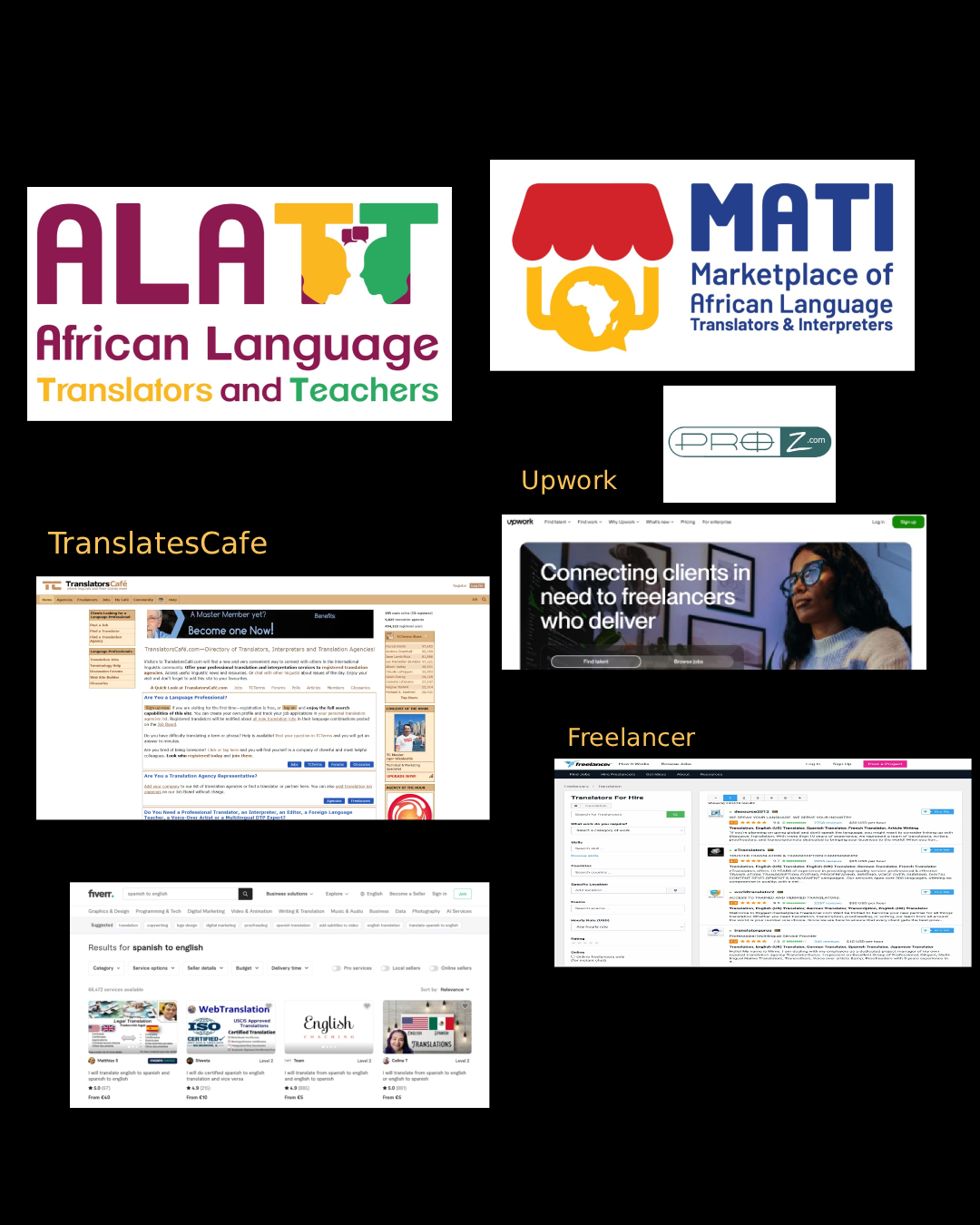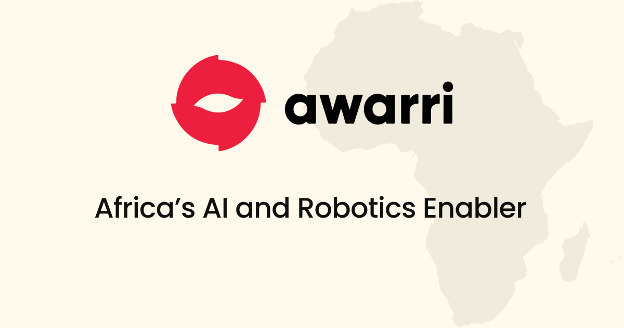The language industry in Africa is full of untapped opportunities. Kabod has ventured on a journey of identifying, documenting and highlighting inspiring stories and innovative projects from entrepreneurs, researchers and freelancers in the translation, interpretation and natural language processing communities. The final goal is to celebrate African professionals in the language industry and facilitate knowledge and experience sharing.
The first to open up this knowledge exchange series is Mr. Alfred Mtawali, founder of the Kenyan translation company : Can Translators, which provides translation, transcription and proofreading services. Below is the fruit of Ms. Grace Yoboué conversation with Mr. Alfred on his journey and lessons learned working in the African language industry.
Kabod: What attracts you to the role of translator? How did you start your career in the translation/interpretation industry?
I started out as a Bible translator in 1992. I was 23 then. I attended an interview that had been organised by Bible Translation and Literacy (EA) who were looking for a Giryama translator to translate the Bible into the Giryama language. I passed and joined the translation team as one of the translators. In 1994, my colleague left to take up the role of provost and therefore I remained the lead translator until 1996 when another translator, Edward Chome joined.
What attracts me to the translation profession is my passion for languages and my quest to see lives impacted through the translations that I produce. Also being a translator opens me up to the world of knowledge, whereby every kind of text I translate becomes my source of knowledge and new information.
Kabod: How does your native language influence your fluency with other languages?

My native language which is Giryama influences me to be more fluent in Swahili which is a Bantu language like Giryama. For instance, there are some words in my language that are similar to Swahili words. Also, both languages are agglutinating languages and therefore easy to write and work in them. For example in Giryama the word NINDARYANI means “What am I going to eat?” Whereas in English there are 6 words, Giryama glosses it as one word. Swahili has the same patterns too, for example WENDAPI-means “Where are you going?” in English. In a nutshell, my proficiency in Giryama contributes to my fluency in Kiswahili.
Kabod: What are some relevant initiatives or projects you are currently working on?
For the last couple of months, I was involved in training in house translators at the Kenya Medical Research Institute (KEMRI). These are translators who translate consent forms into Giryama. My role was to introduce them to translation principles and theories, translation research and community testing of medical terminologies. I have also been translating Joyce Meyer sermons into Swahili, proofreading translations and organising a translation conference popularly known as Africa International Translation Conference (AITCO) to be held in Mombasa next year 10-11 February 2023.
Kabod: What aspect or type of translation do you find most difficult?
The most challenging discourse of translation is Christian translation where one has to also be well versed with various theologies and registers.
The second is I would say is translating scientific discourse including but not limited to medical translation etc.
Kabod: How do you market yourself and your services as a translator?
My website is my arsenal when it comes to marketing my translation services. I also have a YouTube channel where I share translation tips and also place ads on Facebook for a couple of weeks and that attracts traffic to my website. Finally, I always make sure I write about translation in all my social media handles, as a result all my followers and friends become a point of reference when asked to recommend a translator.
Kabod: How did you get your first contract?
I first landed my first translation job when I was still an in-house translator with Bible Translation and Literacy (EA). An author by the name Rudi Lack (now deceased) went around Nairobi looking for a translator to translate his mission book Breakthrough. He knocked doors in several organisations and my name popped up in some of them and he ended up contacting me to translate his book. I completed the translation and over 30,000 copies of the book were printed and distributed in Tanzania and Kenya.
Kabod: How can African translators position themselves to better tap opportunities in the global language industry?
African translators need to position themselves by going with global trends in the profession. For instance, they need to learn how to use CAT tools, be members of both their local translation associations and international ones, they need to attend translation conferences for their professional development and networking and finally improve their language skills.
The translation ‘cake’ is huge, but we need to sit on the right corner of the table to take a bite.
Kabod: What strategies do you use to increase your pool of clients while maintaining the existing ones?
One strategy I use is to increase my knowledge in the profession by attending translation conferences in Europe and America and grow my network. I attended one conference and one attendee recommended me to a client that I have been working for since 2015.
Another strategy is gifting my existing clients with branded merchandise like mugs, hoodies and water bottles. This gesture of appreciation helps to keep the client-vendor relationship intact.
I am also a member of the East Africa Interpreters and Translators Association (EAITA), International Association of Professional Translators and Interpreters (IAPTI) and the American Translators Association (ATA). Clients do contact me directly from the directories of these three associations.
Kabod: Do you have any translation topics or areas that you specialise in? Why those topics?
My area of specialisation is Christian translation and literary translation. Having translated the Bible in my language, I can comfortably handle translation of literary works and religious discourse. My second degree is on Children and Youth development and therefore, I can handle materials about youth and their development. Having translated for 30 years, I can handle various types of discourse.
Kabod: How do you leverage technology to facilitate your work as a translator? Are you using Computer Assisted Translation tools? Which one do you prefer and why?
I started using CAT tools when I joined the Bible translation movement. We had a specialised Bible translation tool called Paratext. This is solely for Bible translators and cannot be used for commercial use. In 2014, I learnt about memoQ after attending a translation conference in Athens, Greece. I tried a few others, but settled on memoQ which I currently use for my translation projects.
Kabod: Do you think there is a viable market for African languages translation/interpretation? Are there enough economic opportunities for translators/interpreters in African languages?
There is a big demand for African languages. This is because of the demand in localization and language development that has taken place in the continent. Just a few months ago, LocWorld conducted their virtual conference about Africa.
African languages are being developed and written through the Bible translation movement and therefore have approved orthographies which can be used for other translation needs.
A big part of research is conducted in African languages, giving rise to demand for translators and interpreters.
Kabod: Are you aware of any network for translators in African languages? Are you a member of a strong network of translators or interpreters? Kindly mention them.
Having gone to over 10 countries in Africa to inspire and empower other translators and interpreters, I can confidently say that there are few networks and organisations that bring translators together. There is a need for translators to form networks in their own countries. I am aware that there are translators’ associations in Cameroon, Ghana, Senegal, East Africa, South Africa and Dr Congo. The membership of some of these associations is very low. I am a founding member and chair emeritus of the East Africa Interpreters and Translators Association (EAITA). This association organised two international conferences in Kenya and Tanzania in 2019 and 2020 with the next one coming up in Mombasa on February 10-11 February 2023.
Kabod: What are the three top pieces of advice that you will share with a budding translator/interpreter in Africa from your experiences?
1) Be passionate as a translator
2) Always learn from others
3) Go global by embracing global trends in the translation profession.
Kabod: How do you envision the future of translation in African languages?
The future of translation in Africa is VERY bright. In the next 5 years, I predict that Africa will be the biggest market for translation buyers globally.
Thanks, Mr. Alfred, for your time and for sharing your experiences with us.
Are you also in the language industry in Africa? Would you also like to be featured in our Knowledge Exchange Series, which highlight the journey and experiences of African language translators, interpreters, computational linguists etc.,? Then, reach out to languages@kabodgroup.com to express interest.




